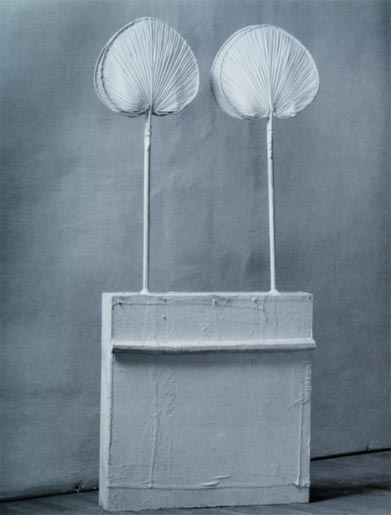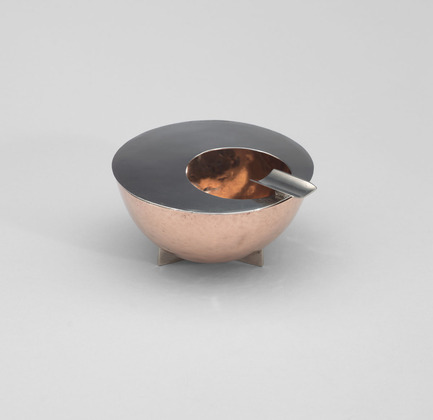"I told you before, that I had taken another turn at the Schiller Correspondence. The two Letters, numbered 389 and 390, have set me thinking again. Schiller says, 'Can it really be, that Tragedy does not suit your nature, because of its pathetic force?' And again, 'A certain reckoning on the spectators is a hindrance to you, and perhaps for that very reason, you are the less fitted to be a writer of Tragedy, because you are altogether created for a poet in the highest sense. Anyhow, I find in you all the poetic specialities of the writer of Tragedy, in their fullest measure, and if, notwithstanding this, you are really unable to write a perfectly genuine tragedy, the reason must lie in the non-poetical requisites.'
I, for my part, do not understand this
chiaroscuro, and much I know about
writing a Tragedy, or whether such things let themselves be written; when poetry bears about the same relation to the writing, as music does to the notes. It becomes clearer to my mind, when I remember, that Schiller was just then wrestling hard with his
Wallenstein, and trying, as it were, to hook poetry to it."
— Johann Wolfgang von Goethe, from a letter to Carl Friedrich Zelter, 27 October 1831
-
Lines from a poem by Goethe, signed and dated 1 March 1826 (
via)
-
"Few critics have even admitted that
Hamlet the play is the primary problem, and Hamlet the character only secondary. And Hamlet the character has had an especial temptation for that most dangerous type of critic: the critic with a mind which is naturally of the creative order, but which through some weakness in creative power exercises itself in criticism instead. These minds often find in Hamlet a vicarious existence for their own artistic realization. Such a mind had Goethe, who made of Hamlet a Werther; and such had Coleridge, who made of Hamlet a Coleridge; and probably neither of these men in writing about Hamlet remembered that his first business was to study a work of art. The kind of criticism that Goethe and Coleridge produced, in writing of Hamlet, is the most misleading kind possible. For they both possessed unquestionable critical insight, and both make their critical aberrations the more plausible by the substitution—of their own Hamlet for Shakespeare's—which their creative gift effects. We should be thankful that Walter Pater did not fix his attention on this play."
— T. S. Eliot, from "
Hamlet," 1920
-
First edition of Goethe's
Die Leiden des jungen Werthers (
The Sorrows of Young Werther), 1774 (
via)
-
"After the seventeenth century, few English authors were able to write verse plays comparable to those of Shakespeare and Webster (though almost every major Romantic tried his hand at them), but poets in other languages, such as Goethe and Pushkin, were able to follow that tradition. Perhaps English-speaking authors felt overwhelmed by Shakespeare, but other poets were able to pick up on the tradition and continue it, thereby expanding their own literatures. What can we learn from literatures of other languages in the same way that Pushkin and Goethe learned from Shakespeare?"
— Ilya Kaminsky, from "
Various Tongues," an exchange with Adam Kirsch




















